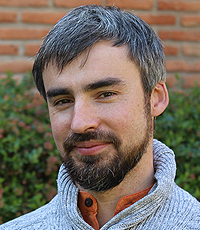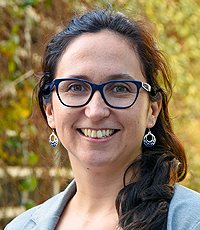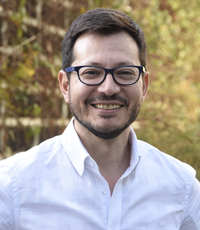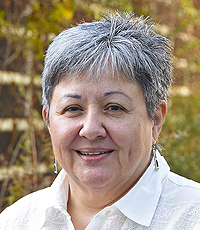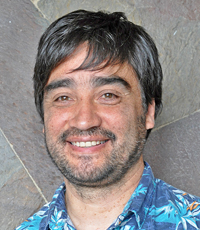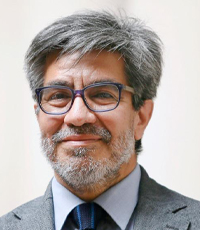This research line seeks to understand how Chilean cities are evolving regarding pollution, extreme events, vulnerability, resilience, and governance. It focuses on how the dynamics of these processes are perceived at the human scale and exacerbated by social inequality.
Looking ahead to the 2024-2025 period, this research line is poised to make significant strides. It will ambitiously deepen the evaluation and quantification of the factors driving city changes, particularly in the context of a changing climate.
The line’s research focuses on urban governance, based on the integrated climate governance elements proposed by the CR2, and the operationalization of the integrated resilience model, which considers the link between urban climate and human health, the nexus between food, water, and energy, and compound risks at the urban scale.
The line also seeks to contribute to the diagnosis of national carbon budgets by refining national and Latin American inventories and supporting the first estimation of carbon flows in Chilean socio-ecological systems by coupling emissions from the transport, industry, energy, mining, and residential sectors.
This research, together with that on energy poverty, allows the line to deepen its understanding of the barriers limiting the implementation of just and transformative transitions in different territories.
Review the research achievements of this line in our institutional report.



